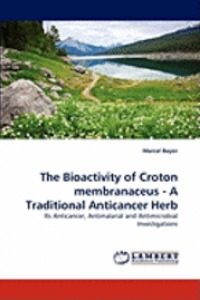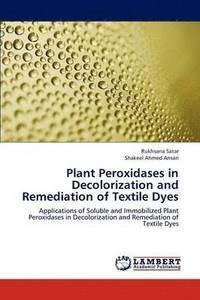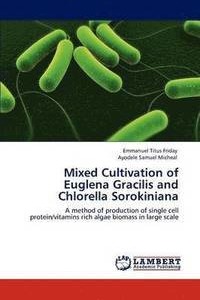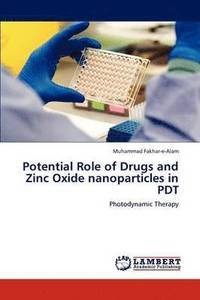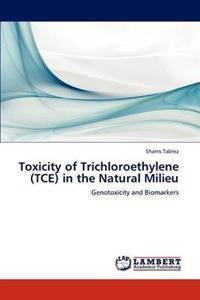
Liknande böcker
Toxicity of Trichloroethylene (TCE) in the Natural Milieu : Genotoxicity and Biomarkers
Bok av Shams Tabrez
Increasing rate of urbanization coupled with industrialization has resulted in greater amount of waste-water discharge as well as higher level of exposure to xenobiotics. Human and animal exposure to environmental chemicals is rarely limited to a single compound. Rather, they are exposed concurrently or sequentially to multiple chemicals from a variety of sources.It is well documented in literature that toxic effects of a xenobiotic can be modified by the presence of other substances. As simultaneous exposure to two or more xenobiotics can take place in the environment and/or under occupational conditions, the investigation of interactions between toxic substances is an important problem in modern toxicology. Trichloroehtylene (TCE) is a common metal degreasing agent and has been used indiscriminately in the house based lock manufacturing and electroplating units. Although TCE is banned in America but unfortunately it is still being used in many developing countries as a solvent of choice in many industries as a metal degreaser.


